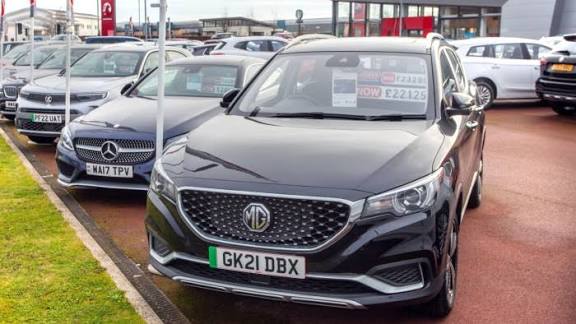The UK economy grew by just 0.1% between July and September, as a sharp decline in car production weighed on output, according to new figures from the Office for National Statistics (ONS).
The figure fell short of analysts’ expectations of 0.2% growth and marks a slowdown from the 0.3% expansion seen in the previous quarter. The weak performance comes less than two weeks before Chancellor Rachel Reeves unveils her Budget, in which she is widely expected to raise taxes to support public finances.
The ONS attributed much of the slowdown to a marked fall in car production in September following a cyber-attack on Jaguar Land Rover (JLR) that forced the manufacturer to halt operations for five weeks.
Production output overall fell by 2% in September, with car output plunging by 28.6%. Even excluding the impact of the cyber-attack, growth across most other sectors remained subdued.
Services including retail, hospitality, entertainment, and real estate recorded modest gains, while construction also expanded slightly.
However, both grew more slowly than in the previous quarter. Consumer spending remains weak, and economists warn that sluggish demand could continue to weigh on growth into the end of the year.
Some analysts said the disappointing data strengthens the case for a Bank of England interest rate cut next month. Pantheon Macroeconomics’ Rob Wood said the figures “all but seal a December rate cut,” especially when combined with this week’s weak labour data.
Responding to the report, Reeves said the UK had been the fastest-growing economy in the G7 in the first half of the year but acknowledged “there’s more to do to build an economy that works for working people.”
She said her upcoming Budget would make fair decisions to boost growth, tackle debt, and ease living costs.
However, Shadow Chancellor Mel Stride criticised the government, accusing Starmer and Reeves of being in office but not in power and claiming the prime minister had stripped the chancellor of authority over the Budget.
ONS director Liz McKeown said that while services had driven growth, declines in car manufacturing, pharmaceuticals, and R&D dragged on performance.
Economists warned that even without the JLR disruption, the economy lacks momentum, with further tax rises expected to slow growth in 2026.



